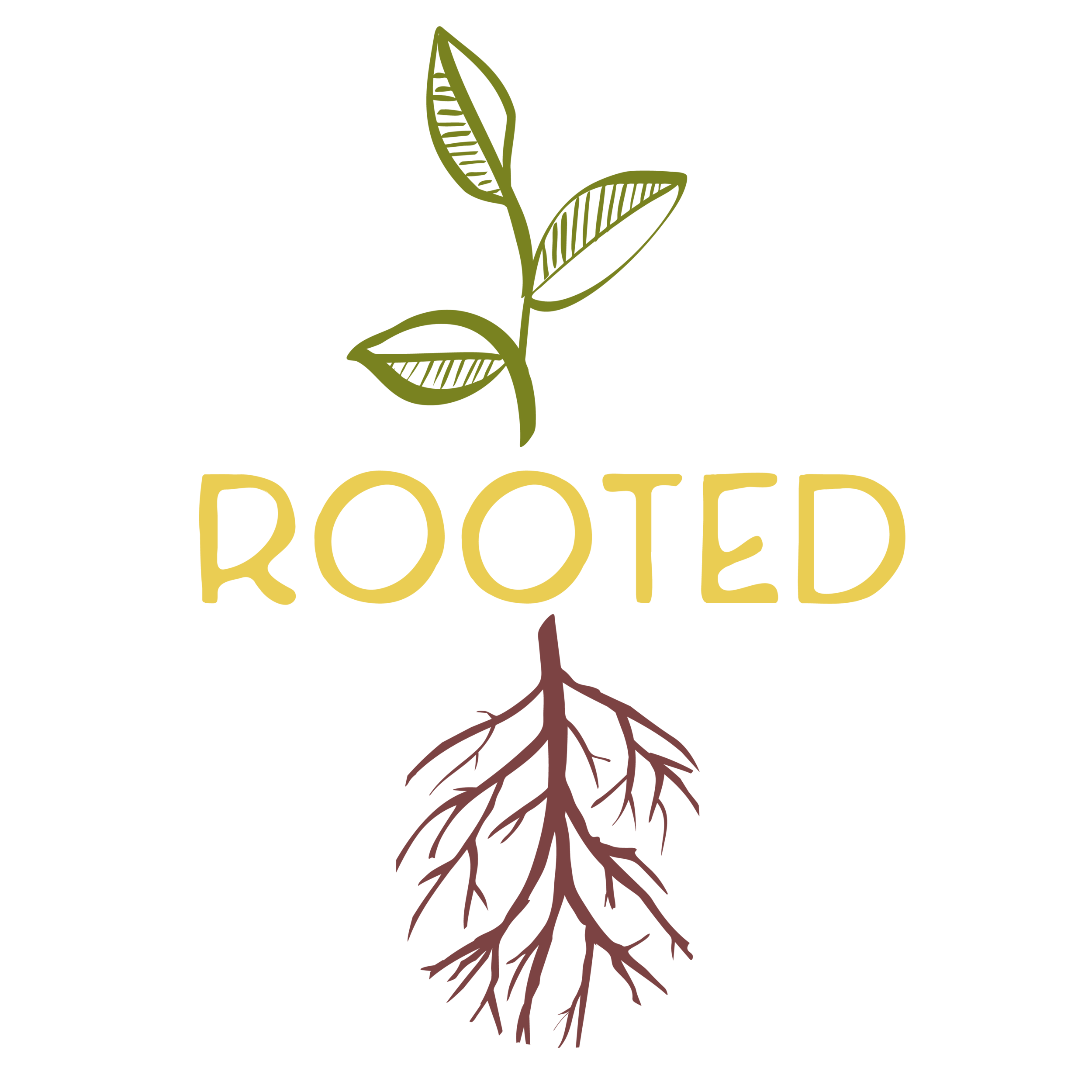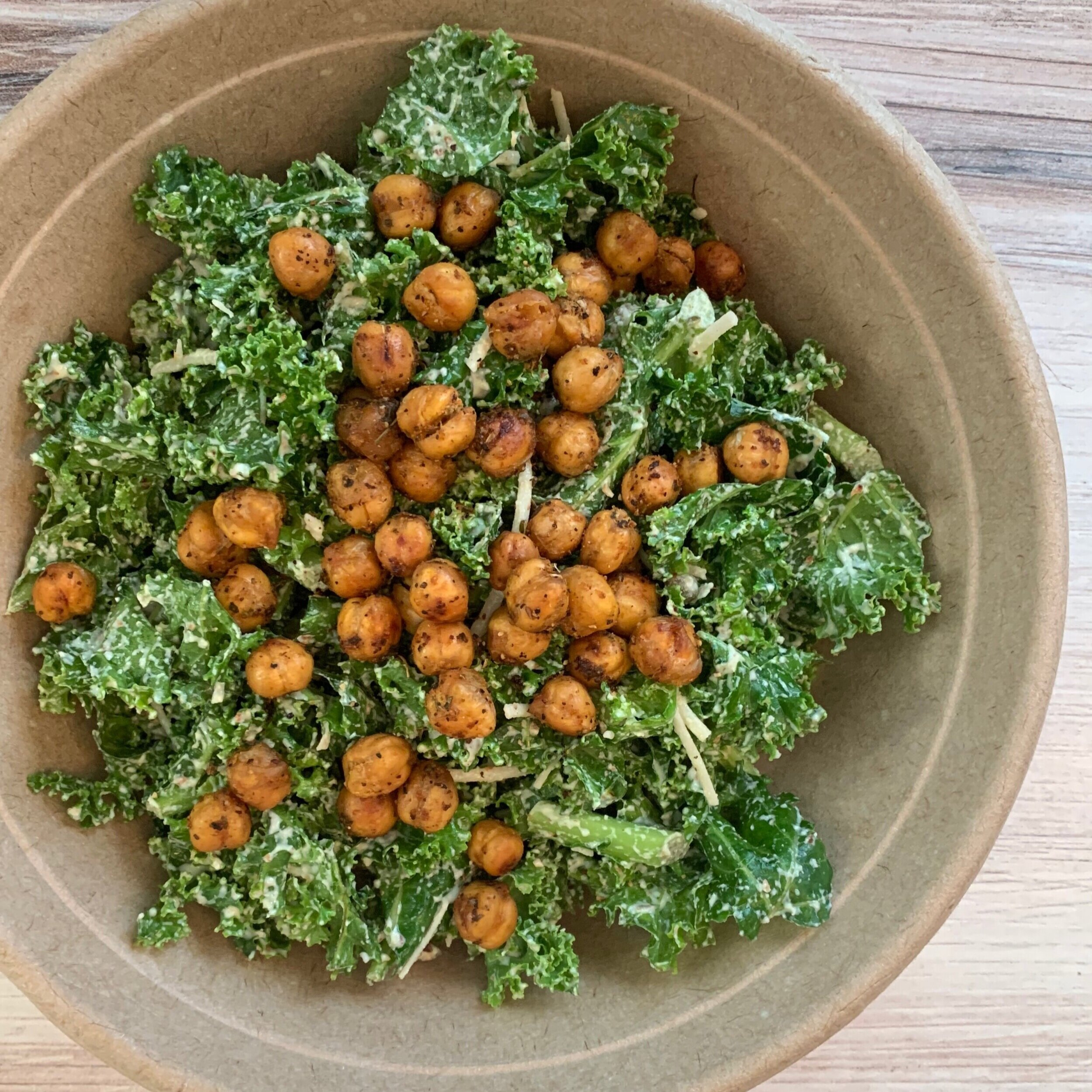The myth about protein...
How much is too much? And is animal protein the only option?
“The myth about protein…”
The conversation around protein comes up a lot. There is a big misconception regarding the amount of daily protein that is required to promote adequate growth of cells and reconstruct tissue in muscles, organs, eyes, hair and skin.
According to the Institute of Medicine, you should get about 10% of your daily calories, but no more than 35% from protein. This does vary based on age, activity levels and gender. Also, women tend to require more if pregnant or breast feeding. In general this equates to approximately 46 grams per day for the average woman and 56 grams per day for men or roughly 0.8 grams of protein per kg of body weight (You can convert your body weight from pounds to kilograms by dividing by 2.205; i.e. 130 pounds is 59 kg; multiplying this by 0.8 equals 47g of protein). Although these are the recommendations put forth by medical research, we have been led to believe that you can never get too much protein. High protein, low carbohydrate diets have been popular for many years promising quick weight loss results. While you may loose weight quickly, you are inadvertently increasing your risk of chronic disease! More to come on that below…
In addition to the high protein fads we have been marketed throughout the years there is also this idea lingering out there that animal based foods are the best source of protein because they are a complete protein with all 9 essential amino acids. This does allow the body to utilize them more efficiently to promote faster muscle growth. Because of this animal based protein is often considered “high quality” with higher biological value. Although this may be true, their efficiency comes with consequences. Did you know that you can also obtain complete amino acids by eating a diverse array of plant based protein throughout the day? Added bonus..fruits and vegetables are also rich in phytonutrients and antioxidants that help combat chronic disease.
You with us? Let’s dig into these topics further…
What is protein and what does it do for you? Protein is a naturally occurring, complex substance that consists of amino acid residues joined by peptide bonds. Our bodies use protein to build and repair muscle and tissue. We also use protein to make enzymes and hormones. Protein is an important building block of bones, muscles, cartilage, skin and blood. However, some studies suggest that excess protein is actually harmful. This is because our bodies are not great at storing protein therefore appropriate consumption is particularly important. Excess protein is typically stored as fat, which leads to weight gain overtime. Additionally, and more importantly consuming protein in excess increases the risk of kidney disease, cancer and heart disease amongst other chronic diseases. Read more on that via the articles within the references below.
Although animal based protein has been touted as higher quality because it is more efficiently utilized by the body, is the efficiency proof of superiority? As it turns out it is not! In fact, circling back on what we said above animal based protein stimulates body growth rates, increases cancer growth rates, stimulates the production of growth factors (which can cause diabetes mellitus), and triggers early menarche which increases breast cancer risk. You are also increasing your saturated fat intake when consuming animal protein which increases your risk of heart disease and stroke.
In a nutshell, protein should not be the star of the show AND animal protein is not your only option. As long as you are eating a wide variety of fruits, veggies, nuts, seeds, legumes and grains to maintain your ideal body weight, you will receive the recommended daily intake of protein to build and repair tissue, muscle, etc… without inviting any unwanted additional risk. We've added a handy little list of plant-based ingredients showing you the protein content per gram in case you're interested in exploring your options!
As we always say, nutrition is not one size fits all! Do your research, take in the information, determine your own protein needs, see what feels good for you (literally and figuratively), and let go of the rest!
xo,
The Gals from Rooted
References -
Campbell, T. C. (1992) et al. China: from diseases of poverty to diseases of affluence. Policy implications of the epidemiological transition. Ecol. Food Nutr. 27, 133-144 https://nutritionstudies.org/mystique-of-protein-implications/
Neil Osterweil, “The Benefits of Protein”, https://www.webmd.com/men/features/benefits-protein#1
ISRN Nutr. 2013; 2013: 126929 (2013) https://www.ncbi.nlm.nih.gov/pmc/articles/PMC4045293/
The National Academies of Sciences, Engineering, Medicine. Dietary Reference Intakes for Energy, Carbohydrate, Fiber, Fat, Fatty Acids, Cholesterol, Protein, and Amino Acids (2005) https://www.nap.edu/read/10490/chapter/1
This is our interpretation of the evidence for general knowledge and should not be taken as medical advice.
These statements have not been evaluated by the Food and Drug Administration. Our products and or content is not intended to diagnose, treat, cure or prevent any disease. As with any food and or dietary supplement, you should advise your healthcare practitioner of the use of this advise and or product. If you are nursing, pregnant, or considering pregnancy, you should consult your healthcare practitioner prior to using this product.


